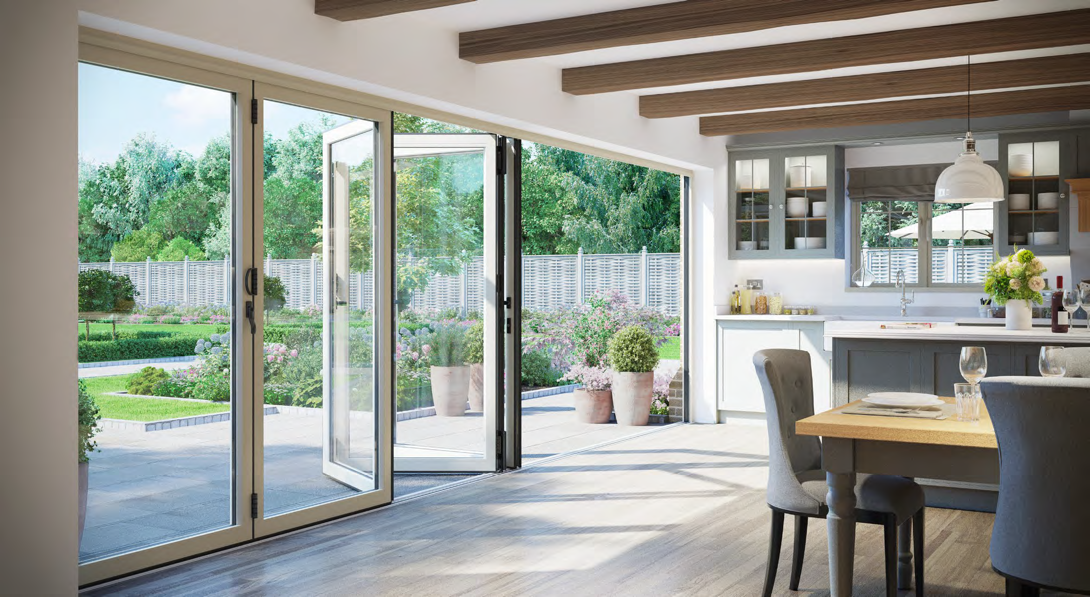window-installation-companies5807
window-installation-companies5807
You’ll Never Guess This Window Glass Replacement’s Tricks
Window Glass Replacement: A Comprehensive Guide
Introduction

Window glass replacement is an important home improvement task that deals with both aesthetics and functionality. Beyond simply improving the appearance of your home, new glass installations can improve energy performance, security, and convenience. Whether due to accidental damage, wear and tear, or upgrading to more energy-efficient options, comprehending the ins and outs of window glass replacement can make the process smoother and more affordable.
Why Replace Window Glass?
Numerous situations can prompt house owners to consider window glass replacement. Here are a couple of typical reasons:
- Damage or Breakage: Cracks and shattered glass can posture security risks and inconveniences.
- Energy Efficiency: Older window glass might not satisfy modern energy requirements, leading to greater utility expenses.
- Condensation: Foggy windows often show seal failure, permitting moisture to collect in between panes.
- Aesthetic Preferences: An upgrade can enhance curb appeal and total home value.
- Noise Reduction: Replacing single-pane glass with double or triple-pane options can block exterior sound more efficiently.
Table 1: Common Reasons for Window Glass Replacement
| Factor for Replacement | Description |
|---|---|
| Damage or Breakage | Safety concerns due to fractures or shattered glass. |
| Energy Efficiency | Reducing heating and cooling costs by upgrading to contemporary glass. |
| Condensation | Suggesting seal failure, resulting in moisture accumulation between panes. |
| Aesthetic Preferences | Improving appearance and potential increase in residential or commercial property worth. |
| Noise Reduction | Enhancing convenience by decreasing outdoors sound pollution. |
Types of Window Glass
When considering replacement, it’s essential to understand the various types of window glass available:
- Single-Pane Glass: The least energy-efficient option, often found in older homes.
- Double-Pane Glass: More energy-efficient due to the insulating air layer in between the panes.
- Triple-Pane Glass: Offers superior insulation and energy cost savings, suitable for extreme environments.
- Low-E Glass: Coated with a thin metallic layer to reflect heat and UV rays, boosting energy efficiency.
- Tempered Glass: Heat-treated for increased strength, making it less likely to shatter.
Table 2: Types of Window Glass and Their Benefits
| Kind of Glass | Description | Advantages |
|---|---|---|
| Single-Pane | One layer of glass | Economical, but poor insulation. |
| Double-Pane | Two layers of glass | Better insulation, more energy-efficient. |
| Triple-Pane | Three layers of glass | Ideal insulating properties. |
| Low-E | Layered glass for much better energy usage | Lowers heat and UV rays. |
| Tempered | Increased strength and safety | Shatters into small pieces, minimizing injury risk. |
The Replacement Process
Changing window glass includes cautious planning and execution. Here’s a streamlined process to follow:
- Assess the Damage: Identify whether complete replacement is needed or if repairs might be enough.
- Choose the Right Glass: Based on your needs, choose the most proper kind of glass.
- Hire a Professional or DIY: Decide whether to tackle the replacement yourself or work with a professional. If opting for DIY, ensure you have the right tools and materials.
- Gather Materials: Ensure you have everything required– consisting of safety equipment, glazing putty, and the new glass.
- Eliminate the Old Glass: Carefully secure the broken or broken glass, taking care to secure yourself from sharp edges.
- Set Up New Glass: Fit the new glass into the frame, using glazing putty to secure it in location.
- Seal and Paint: Complete the installation by sealing any spaces and repainting if essential.
Advantages of Hiring a Professional
While DIY projects can be rewarding, there are numerous benefits to hiring experts:
- Expertise: Professionals have experience and abilities suitable to different types of windows and materials.
- Time-Saving: Pros can typically end up the job faster than an inexperienced house owner.
- Guarantee: Many contractors offer service warranties on labor and materials, using peace of mind.
Frequently Asked Questions (FAQs)
1. Just how much does window glass replacement generally cost?
The cost varies according to the type of glass, window size, and whether a professional is worked with. On average, homeowners may invest in between ₤ 100 and ₤ 600 per window.
2. The length of time does it require to change window glass?
The replacement procedure normally takes a few hours to a complete day, depending on the task scope and whether problems emerge.
3. What should I do if my window is foggy?
If a window is foggy, it might require to be resealed or changed entirely. Consulting a professional can assist figure out the best strategy.
4. Can I upgrade to energy-efficient glass?
Yes, replacing your existing glass with energy-efficient choices can substantially lower energy bills and enhance convenience.
5. Do I need a permit for window replacement?

License requirements differ by location. Examine with your city government to guarantee compliance with structure codes and policies.
Window glass replacement is an important task for keeping the safety, performance, and appearance of your home. By understanding the factors for replacement, recognizing the kinds of glass readily available, and following the proper steps for installation, house owners can make informed choices that ultimately boost their living spaces. Whether handling the project alone or getting the help of a professional, the outcomes will lead to increased convenience and satisfaction in one’s home environment.


